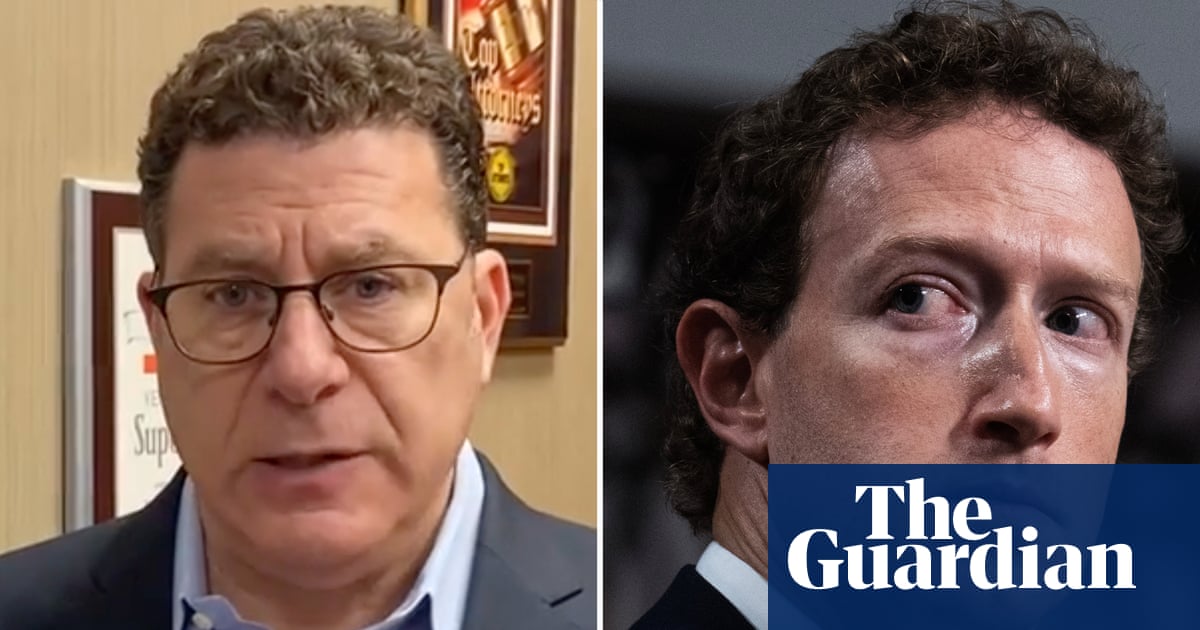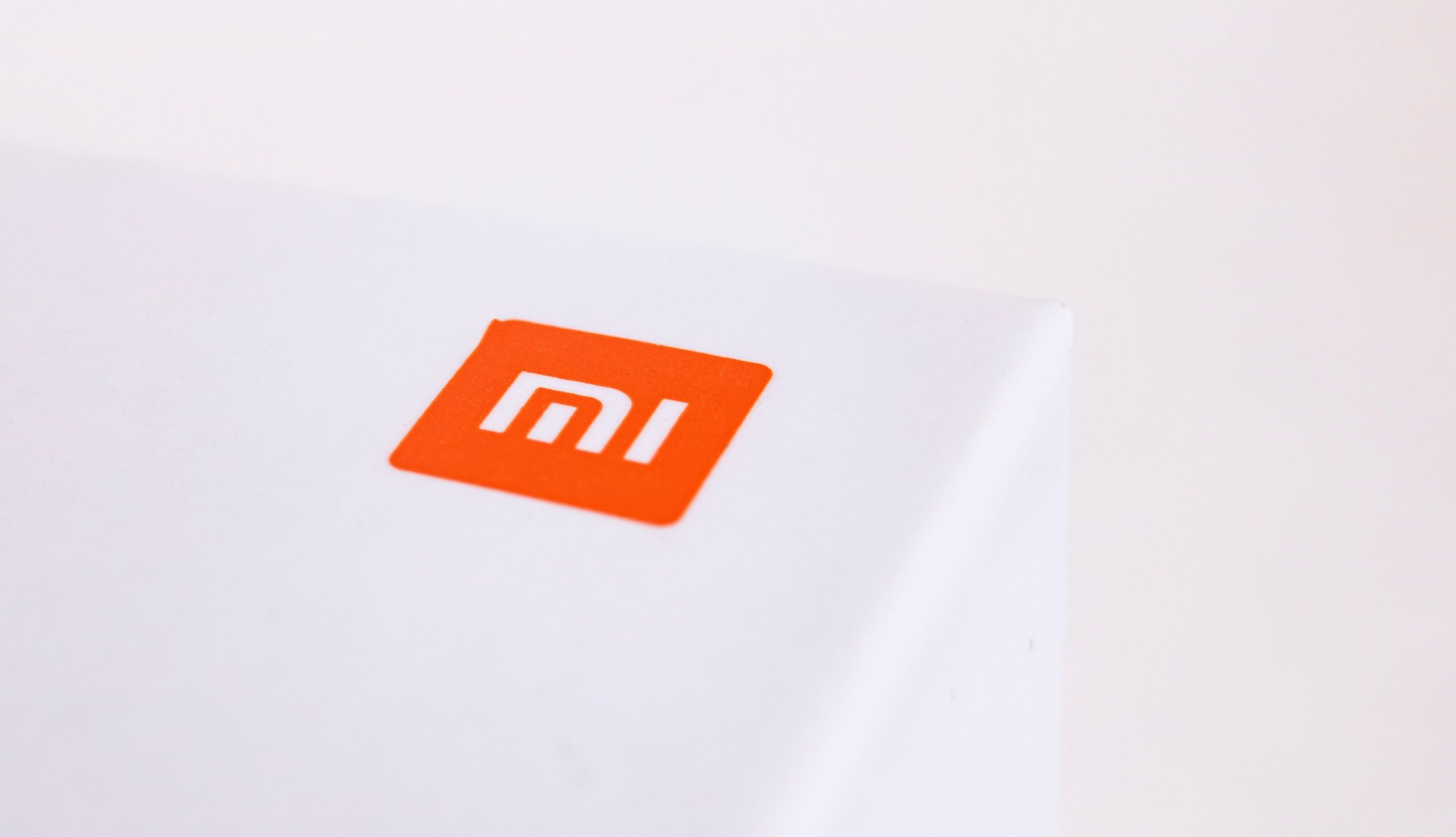Glowforge is closing its Seattle manufacturing facility and laying off workers, less than a year after moving production of some of its laser engraver machines to the city.
Dan Shapiro, co-founder and CEO of the 10-year-old startup, told GeekWire that production at the site on Occidental Avenue South in the SoDo neighborhood will wrap up in the next two months. The space also served as headquarters for Glowforge, and Shapiro said the company will find a new office location in Seattle.
When GeekWire visited the facility in April, Glowforge employed 15 workers to assemble its highest-end machines — the $7,000 Glowforge Pro HD and the $5,000 Plus HD. Shapiro declined to say how many workers were impacted by Monday’s decision or how many Glowforge still employed.
In April, Shapiro said that Glowforge employed just over 90 full-time and contract employees. But the company was hit by a round of layoffs in August that impacted its sales and marketing teams as well as senior executives at the company.
Shapiro previously said the goal in moving some production back to the U.S. was to get in front of ongoing uncertainties around President Donald Trump’s tariff policies and better control how the startup innovates around manufacturing, including through the use of AI.
On Monday he said that Glowforge “achieved quality rates that were more than 50% better than what we had at our old factory in Mexico.” Technicians hired in Seattle previously built airplanes, satellites, medical equipment and other products.
Shapiro cited an expiring lease as one reason for the production closure. The Seattle City Council voted in March to approve new housing in the industrial neighborhood south of the city’s baseball and football stadiums. Shapiro said the redevelopment would not allow Glowforge to make a permanent home for its factory.
Economic headwinds also impacted the decision.
“The expected federal incentives and support for manufacturing here didn’t materialize,” Shapiro said. “Instead, we saw massive tariffs on components that we needed to build our products here.”
Glowforge was keen to experiment with how artificial intelligence could be implemented into its production process in Seattle. The company said in April that in order to innovate with speed and ease, it had to be a process owned by the company rather than one being facilitated elsewhere. The SoDo facility was outfitted with cameras and microphones to harness generative AI to improve efficiency and safety.
While the company’s lower-priced Aura and Spark machines are still made in Mexico, Shapiro declined to say where production of the machines being made in Seattle will move.
Laid off workers will get severance, continued health coverage, and outplacement support, according to Shapiro.
Glowforge, which has raised $183 million to date and is No. 125 on the GeekWire 200 startup index, also went through a rough patch in 2023 and 2024, laying off employees after a funding round fell through.
Shapiro founded the company in 2015 with fellow startup veterans Mark Gosselin, the current CTO, and Tony Wright, who left the company in 2017. Shapiro previously sold the startup Sparkbuy to Google, and he created Robot Turtles, a coding board game for kids that was one of the most successful campaigns ever on Kickstarter.











